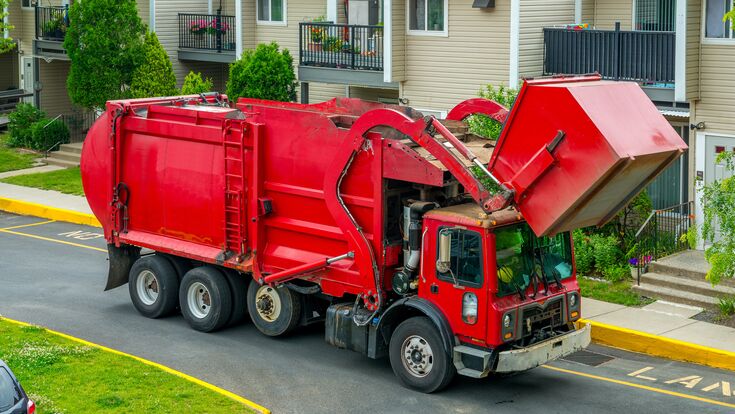Municipal Solid Waste : SWANA report on the performance of Seattle's zero waste system

The Applied Research Foundation (ARF) of the Solid Waste Association of North America (SWANA) has released a comprehensive report named Zero Waste Programs:An Analysis of Seattle's Performance Data.
The report offers an in-depth analysis of the impact of Seattle's zero waste programme initiatives on total and per capita recycling and disposal rates for the city's four primary waste generation groups: single-family households, multi-family households, businesses, and self-haulers.
In 2021, Seattle diverted 53 per cent of its municipal solid waste (MSW) from disposal through recycling initiatives, with single-family homes and commercial establishments recycling over 60 per cent of their waste.
At 35 per cent and 10 per cent respectively, multi-family residential and curbside recycling rates were lower.
Significantly raising recycling rate
In 2040, the City's overall recycling rate is expected to rise to 69 per cent, with a 14 to 15 per cent increase for households and businesses. This would mean that single-family households would divert 83 per cent of their waste and commercial establishments would divert 78 per cent. These rates would mark significant progress and set unprecedented benchmarks for waste management.
"SWANA is optimistic that the data and analyses presented in this report will serve as invaluable resources for zero waste planners in developing highly effective zero waste systems. Drawing inspiration from the models established in cities such as Seattle, San Francisco, and San Jose, we hope the report will inform and empower other communities. SWANA would like to thank the City of Seattle, who was instrumental in the publication of this report. Thank you for your invaluable contributions,” said SWANA Executive Director & CEO Amy Lestition Burke, MA, FASAE, CAE.
"This report delves into the effectiveness of zero waste programs in handling waste generation, recycling, and disposal data. It's important to note that while this focus is crucial, it's essential to acknowledge the broader array of benefits that zero waste systems provide, especially the substantial environmental, societal, and economic impacts. We must recognize and appreciate the holistic value of these systems beyond the scope of this report," highlights Jeremy O'Brien, SWANA Director of Applied Research.
Download the report
The full report is now available free of charge to SWANA members and for a fee to non-members.
